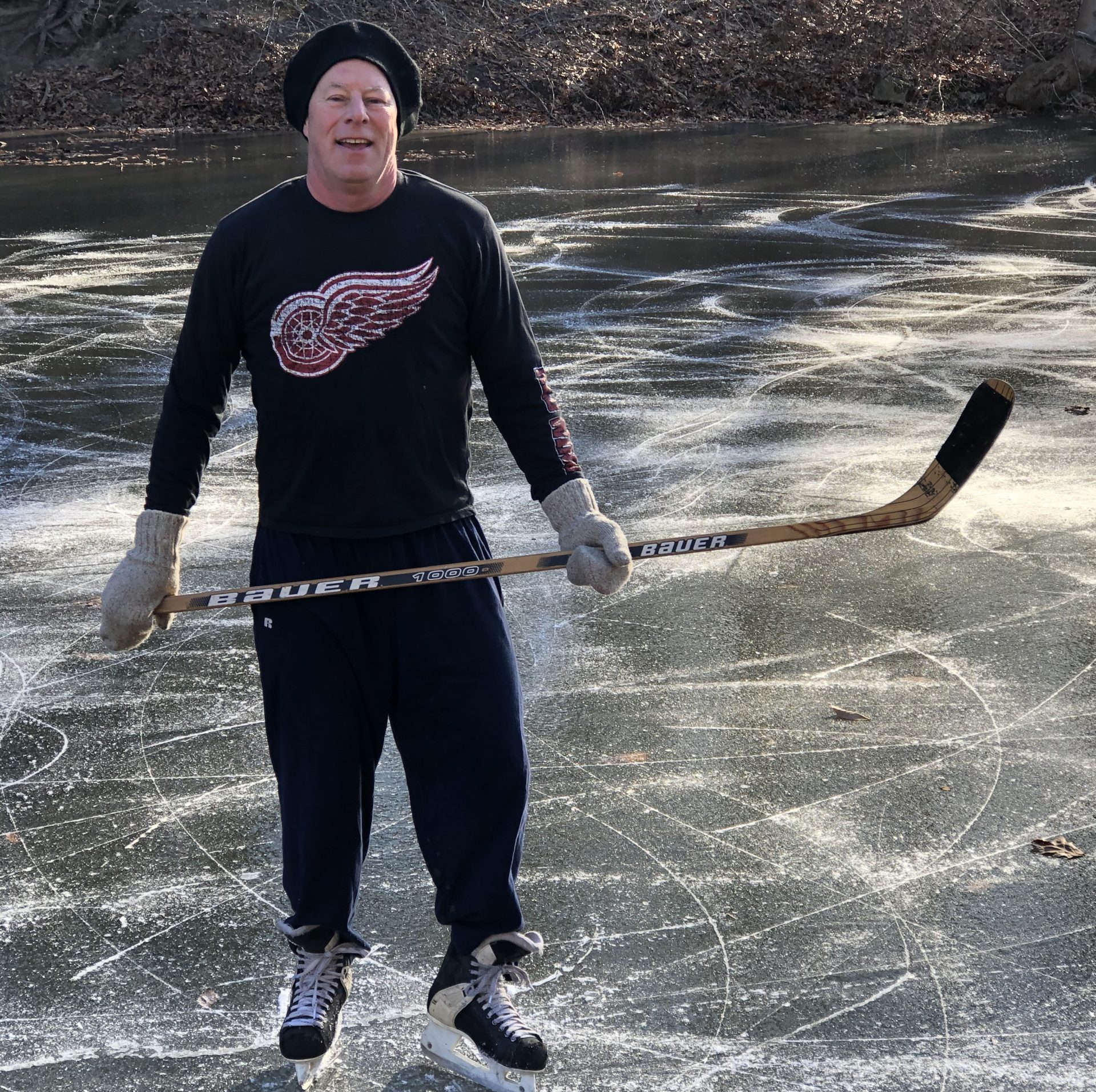During the luncheon following a recent family funeral, people reminisced about my Uncle Bob, whom I never met. Bob, trained to translate Russian, was shot out of the sky while flying at 20,000 feet in a 17-person Air Force plane over Soviet Armenia on September 2, 1958. He was not yet 23.
For over a decade after the shootdown, Bob was classified as MIA. There were unconfirmed rumors that Armenians on the ground had seen a few of his plane’s crew parachuting from the burning, nosediving C-130. Six bodies were promptly sent home. Neither Bob’s nor the ten others’ were.
My family made many efforts to learn of Bob’s status after he was shot down. My grandmother—Bob’s mother—was given an audience with JFK during the 1960 Presidential campaign. A photo of that meeting was prominently displayed in her small, steep hillside rowhouse in Shamokin, Pennsylvania, a coal mining town. But The Cold War precluded any serious diplomatic pressure or disclosure.
When Boris Yeltsin became Soviet President in 1991, he declassified and shared records of the incident in which my uncle was killed, as well as records for 16 other spy plane shootdowns over Soviet airspace spanning from 1953-1971. I have an envelope with 8 x 10 inch black and white photos of the impact of the MiG-launched missile hitting Bob’s crew’s plane at 3:07 in the afternoon, as well as translated transcripts of the MiG pilots’ dialogue. I also received photos of his shattered aircraft smoldering on the barren, rocky ground and of dismembered, uniformed limbs there. Eventually, a book was published about Bob’s flight and others like it. In 1994, US News and World Report ran a cover story on these flights. So did ABC’s 20/20.
In 2011, an Air Force official showed up at my father’s New Jersey door and handed him his brother’s high school ring. A resident of the village where the plane crashed found the ring, presumably on Bob’s hand, and kept it for over fifty years before handing it over to authorities who, in turn, passed it to my father.
During the repast, family elders said they had, when Bob was in the Air Force, suspected that he’d been flying spy missions. Of course, the military didn’t admit this, either before or after the shootdown. The official line was that his plane had inadvertently flown off course, “perhaps lured by some Soviet beacon.”
But during a 1997 memorial service for my uncle’s crew at NSA Headquarters, I met former airmen who had done missions like, and during the same period, as my uncle. Some had even flown with him; the crews were, to some extent, interchangeable. They laughed off the mistake/beacon excuse. They said they knew exactly where they were at all times. They were ordered to deliberately enter Soviet airspace to see how alert the Russians were, to photograph Soviet facilities and to eavesdrop on Russian radio communications.
The Soviets were alert enough to shoot down seventeen planes. And sleepy enough not to shoot down multiple planes that crossed borders during other missions, such that the guys on those flights could come home, live to advanced ages and tell me that my uncle was good to have on your side in bar fights.
At the end of the discussion about the family’s uncertainty about the dangerous nature of Bob’s work, one of my cousins said, “Well, people didn’t question things back then. Now everyone questions everything.”
I’ve actively disagreed with many people at many times regarding pandemic policies. But on this occasion, I opted not to. The luncheon was winding down and, out of respect for the immediate family of the person just buried, and because I would have been seen as bringing up a new topic, I uncharacteristically laid down my arms and didn’t call out that false premise as it pertained to the Scamdemic.
Given the past 40 months, the notion that people today question everything couldn’t be more wrong. Americans not only failed to question the government and media regarding “Covid “mitigation,” they angrily demanded that others also obey edicts that made no sense. There was so much that didn’t withstand even the most basic scrutiny.
Many Americans have spent much of the past three years in a state of full-on Coronavirus groupthink and compliance. Instead, those who feared SARS-CoV-2 should have asked themselves such simple questions as:
What’s “novel” about this virus?
When in human history have healthy people been quarantined?
How will locking down and closing schools, parks, and gyms make a virus vanish?
How many hospitals are being overrun by Covid patients?
Don’t the videos of those Chinese guys dying in the streets seem fake?
If masks work, why do mask wearers insist that others use them?
If masks work, why lock down anything?
Who do I know who’s been killed by this virus?
Weren’t they already very old and/or sick?
How many people die on any given day?
What percentage of those infected with “the virus” survive?
If many people test positive but show no symptoms, how reliable are the Covid tests?
Won’t lockdowns and school closures cause tremendous harm?
Isn’t it odd that this crisis is happening during an election year?
And later:
Why has the two-week “Shelter in Place” order turned into many months of closures?
Why don’t reporters ask Fauci or other bureaucrats any hard questions?
Why doesn’t the media interview those who oppose lockdowns, masks and “vaxxes?”
Why do the most locked down, masked up states have the highest Covid death rates?
Why did American public schools stay closed for 18 months when kids were at no risk?
Why should those with a 99.9 percent infection survival rate inject experimental substances?
How do we know that the scarcely-tested Covid vaxxes won’t cause long-term harm?
If the shots work, why do injectees care if other people don’t inject?
Why are so many vaxxed people getting sick and dying?
These questions, and others, should have occurred to anyone who could tie his own shoes. Although latter day Americans see themselves as much more sophisticated than their 1950s counterparts, most 2020-22 Americans weren’t insightful enough to ask questions that even malt shop-going bobby-soxers and Wally Cleaver would have asked. Gee, Beave…
By buying into Coronamania, those who thought of themselves as astute and worldly-wise exhibited severe deficits of judgment and of self-awareness.
Reposted from the author’s Substack
Join the conversation:


Published under a Creative Commons Attribution 4.0 International License
For reprints, please set the canonical link back to the original Brownstone Institute Article and Author.









